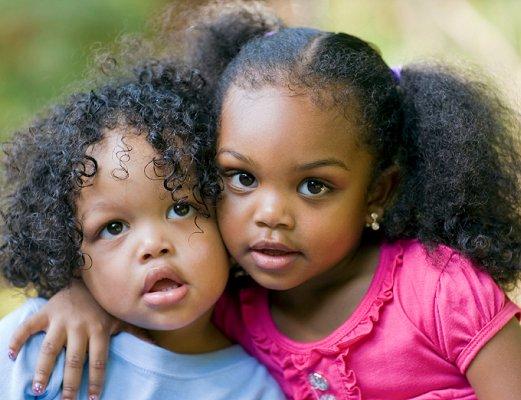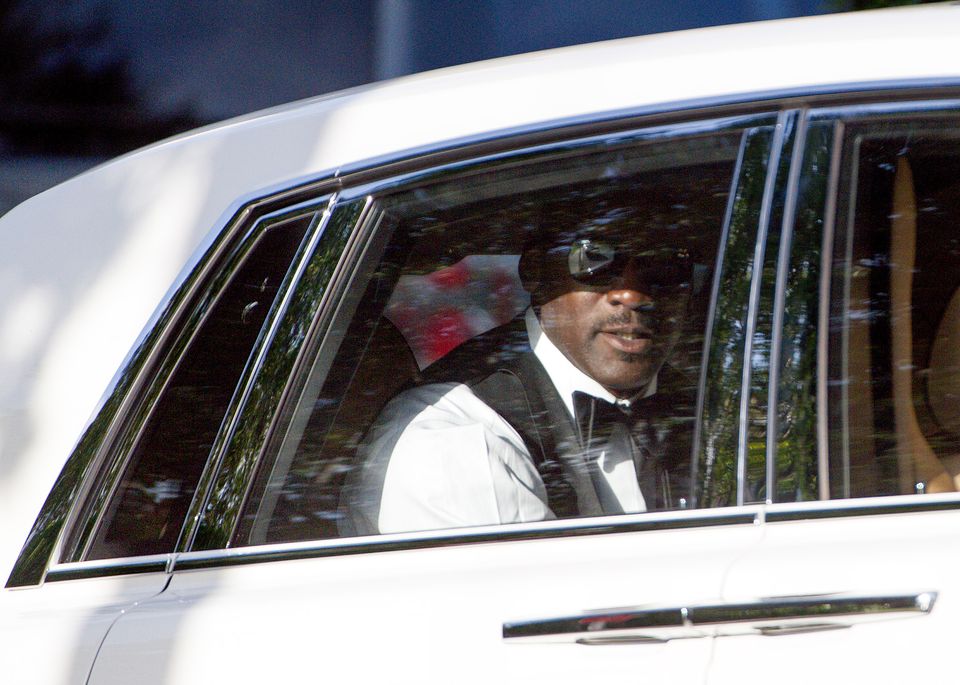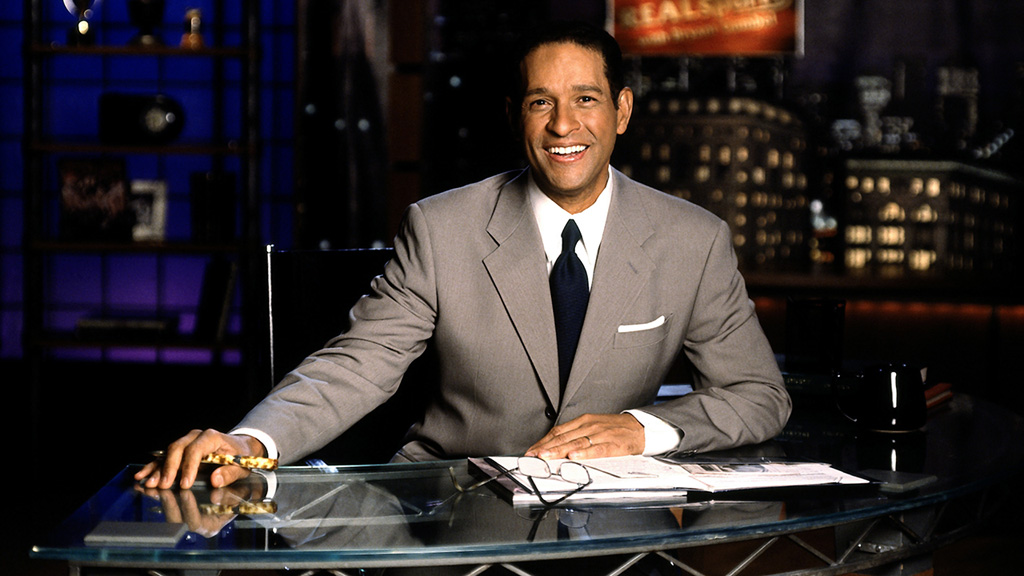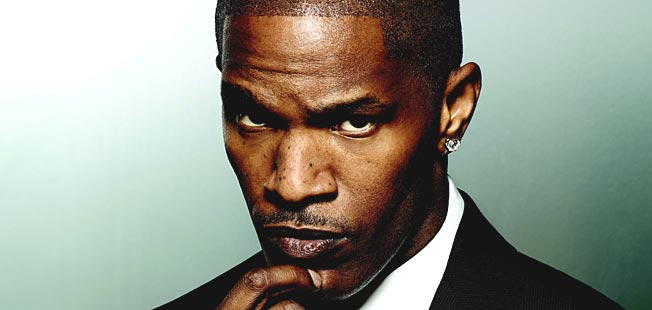Yesterday, New York City Department of Health revealed that the number one name Black parents applied to their baby girls was Madison, a name historically and traditionally given by White parents. By contrast, the number one boy name was Jayden, often considered a typical “Black name.” The juxtaposition of the contrast is striking.
It is no hidden secret that many Blacks in America for decades have struggled with the decision of whether to name their children a traditional African or African American name. The decision is based on how much they want to give away the race of their children on paper – that paper being resumes or job applications. Before the child is even born, some parents are concerned that a uniquely Black name – like Jayden, Aisha, Ebony, Jamal, Clarence or Tanisha for example – would lessen the chances of that child being cleared for a job interview, should the person screening applicants have any race-based biases.
With a president named Barack Obama in office, we would hope that the days of name discrimination are long over. However, it is hard to know if the person shifting through resumes to select interview applicants will be able to put aside any stereotypes he or she may have and consider only the credentials of an applicant. No one wants his or her child to be cut off from a chance to prove him or herself and his or her qualifications during an interview out of the gate.
A while ago, I noticed a trend among many of my Black American friends in that they were giving their children names that were more traditionally associated with Caucasian children, including some of which were distinctly androgynous. In fact, during the years that I took my children to Gymboree classes from 2002 to 2008, I was taken aback by the number of Black and Brown Kennedys, Morgans, Briannas, Masons, Madisons, Jordans, Carters, Paytons, Baileys, Haileys, Montanas, Regans and Brandis I saw running around.
I wondered if the parents so named their children because they had familial significance, because those were just very pretty names or simply because they may have been more “resume” proof.
There is some science behind the “resume” proof phenomenon.
Roland G. Fryer Jr., a young Black economist who has analyzed the “acting White” phenomenon and the Black-White test score gap, is cited in Freakonomics: a Rogue Economist Explores the Hidden Side of Everything by Steven D. Levitt and Stephen Dubner.
The book notes several audit studies where two identical (and fake) résumés, one with a traditionally White name and the other with an immigrant or minority-sounding name, are sent to potential employers. The “White” résumés have always gleaned more job interviews, and even in scenarios where the resume of a typical “Black” name was amplified and better, the White name resume still got more call backs.
How did certain names become more Black in the first place? Based on a longitudinal analysis of names Black and White California parents gave their children, Black children were given names like DeShawn, Terrell, Malik, Darryl, Tyrone and Jamal for boys and Jazmin, Tiara, Diamond, Deja, Imani, Ebony and Precious for girls. These names compared to the top girl names for White children: Molly, Amy, Claire, Emily, Emma and Holly for girls and Jake, Connor, Tanner, Cole, Luke, and Logan for boys.
In the early 1970s, there was a great overlap between Black and White names. The typical baby girl born in a Black neighborhood in 1970 was given a name that was twice as common among Blacks than Whites. The Black Power movement also impacted Black names in between two decades because by 1980, a particular name was twenty times more common among Blacks than Whites. By the 1990s, the distinctions became clear. Of the 626 baby girls named Deja in the 1990s, 591 were Black. Of the 454 girls named Precious, 431 were Black. Of the 318 Shanices, 310 were Black.
What kind of parent is most likely to give a child such a distinctively Black name?
The data offer a clear answer: an unmarried, low-income, undereducated teenage mother from a Black neighborhood who has a distinctively Black name herself,” Levitt and Dubner write about Fryer’s assessment. “In Fryer’s view, giving a child a super Black name is a Black parent’s signal of solidarity with the community.
“If I start naming my kid Madison,” Fryer said, “you might think, ‘Oh, you want to go live across the railroad tracks, don’t you?’” If Black kids who study calculus and ballet are thought to be ‘acting White,’ Fryer says, then mothers who call their babies Shanice are simply “acting Black.”
But the sterotypes and discrimination of names are not limited to blacks.
In a recent study of 89 undergraduate students, participants were asked to guess the success of students with various names on a scale from 1 to 10, with 10 being the most successful. The highest scoring names turned out to be Katherine, scoring a 7.42, and Samuel, scoring a 7.20. With a score of 5.74, Amber ranked lowest among female names while Travis ranked overall lowest with a score of 5.55.
The Freaknomics authors noted that as lower income Whites started adopting certain names that middle class White parents gave their children, they too started abandoning those names.
Dictionary.com cites Bloomberg University researcher John Waggoner, who said, “Katherine goes to the private school, statistically; Lauren goes to a public university, and Briana goes to community college. Sierra and Dakota, they don’t go to college.”
So it may be more about class than race, after all.





